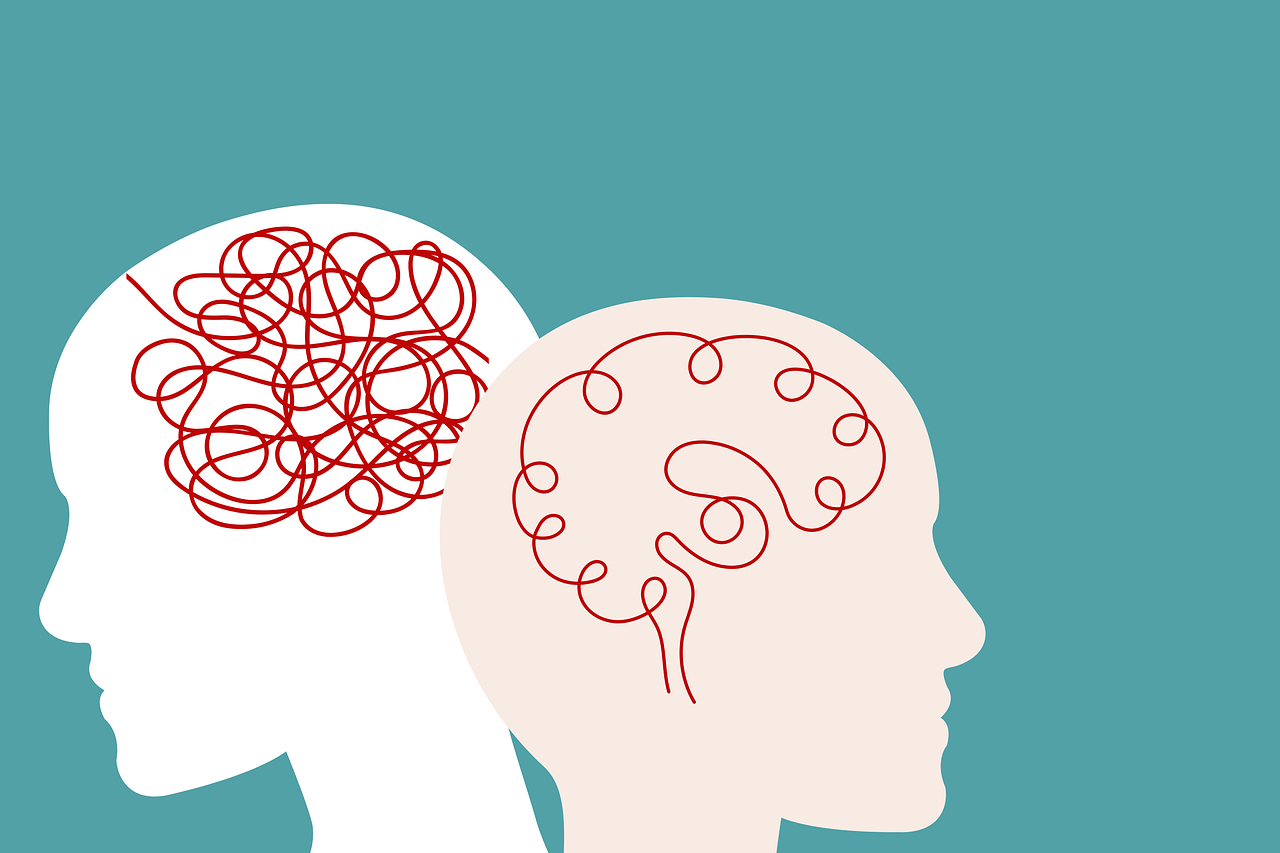When someone struggles with both a mental health disorder and substance abuse, finding specialized care is essential. That’s where Dual Diagnosis Treatment Centers come in. These facilities are designed to treat individuals who face the unique challenge of co-occurring disorders conditions that involve both addiction and mental health issues such as depression, anxiety, bipolar disorder, or PTSD. Rather than treating one problem at a time, dual diagnosis centers focus on healing both simultaneously, offering a more holistic and lasting path to recovery.
Understanding Dual Diagnosis
Dual diagnosis, also known as co-occurring disorders, refers to the presence of both a mental health disorder and a substance use disorder in the same individual. These conditions often interact and worsen each other, making recovery more complicated if only one issue is treated. For example, a person with anxiety might misuse drugs or alcohol to cope with their symptoms, while substance abuse can in turn intensify anxiety and depression.
Dual Diagnosis Treatment Centers address this complex relationship by integrating mental health care and addiction treatment into a single, coordinated plan. This approach helps patients understand how their thoughts, emotions, and behaviors influence substance use while providing tools to manage both conditions effectively.
The Need for Integrated Treatment
In the past, mental health and addiction were often treated separately, leading to incomplete care. Someone might complete rehab for drug addiction but relapse soon after if their depression or trauma was left unaddressed. Today, medical experts recognize that treating both conditions together yields better, longer-lasting results.
Dual diagnosis programs combine medical detox, therapy, psychiatric support, and holistic care under one roof. This comprehensive approach ensures that each patient receives the emotional, psychological, and physical support needed for true recovery.
What to Expect at Dual Diagnosis Treatment Centers
Every person’s experience with addiction and mental illness is different, so treatment plans at Dual Diagnosis Treatment Centers are highly personalized. However, most programs include several key components that contribute to healing and stability.
1. Comprehensive Assessment
The first step is a detailed evaluation. Professionals assess the individual’s mental health history, substance use patterns, and medical background. This helps create a tailored treatment plan that addresses specific needs.
2. Medical Detoxification
If necessary, patients begin with detox a medically supervised process that helps the body safely eliminate drugs or alcohol. During detox, medical staff monitor withdrawal symptoms and provide support to ensure comfort and safety.
3. Therapy and Counseling
Therapeutic intervention is at the heart of dual diagnosis treatment. Patients participate in:
-
Cognitive Behavioral Therapy (CBT): Helps identify and change negative thought patterns that contribute to addiction and mental distress.
-
Dialectical Behavior Therapy (DBT): Focuses on emotional regulation and coping strategies.
-
Trauma-Informed Therapy: Addresses past trauma that may be linked to both mental health and substance abuse.
-
Family Therapy: Rebuilds trust and teaches families how to support their loved one’s recovery.
4. Medication Management
For some individuals, medication may be a key part of treatment. Psychiatrists in dual diagnosis centers carefully prescribe and monitor medications to manage symptoms of depression, anxiety, bipolar disorder, or other mental health conditions, while also considering the patient’s recovery from addiction.
5. Holistic Therapies
In addition to traditional therapies, Dual Diagnosis Treatment Centers often offer holistic treatments to support mind-body healing. These may include yoga, meditation, art therapy, exercise, and nutrition counseling all aimed at reducing stress and promoting overall well-being.
Benefits of Dual Diagnosis Treatment
The integrated approach of dual diagnosis care offers several distinct advantages over traditional rehab or mental health treatment alone:
-
Comprehensive Care: Both addiction and mental health disorders are addressed at the same time.
-
Reduced Relapse Risk: Treating underlying mental health issues decreases the likelihood of relapse.
-
Improved Mental Stability: Patients learn coping mechanisms to manage anxiety, depression, or trauma without turning to drugs or alcohol.
-
Personalized Treatment Plans: Care is customized to fit each patient’s unique challenges and goals.
-
Ongoing Support: Dual diagnosis programs emphasize long-term aftercare, including therapy, peer support, and relapse prevention.
Who Needs Dual Diagnosis Treatment?
Dual diagnosis treatment is ideal for individuals who experience both substance use and mental health symptoms such as:
-
Persistent sadness, anxiety, or mood swings
-
Difficulty managing stress without substances
-
History of trauma or PTSD
-
Impulsive or self-destructive behaviors
-
Withdrawal from friends and family
If someone uses drugs or alcohol to numb emotional pain or mental distress, they may benefit from the integrated care provided by Dual Diagnosis Treatment Centers.
Aftercare and Long-Term Recovery
Recovery doesn’t end once a treatment program is complete. The best Dual Diagnosis Treatment Centers offer comprehensive aftercare plans to support ongoing healing. These include continued therapy, outpatient services, medication management, and participation in support groups. Alumni programs and peer mentorship can also help individuals maintain accountability and stay connected to a supportive community.
Long-term recovery from dual diagnosis is a continuous process that requires commitment, self-awareness, and ongoing professional guidance. With the right resources, individuals can build healthy coping mechanisms, restore balance, and lead fulfilling, sober lives.
Choosing the Right Dual Diagnosis Treatment Center
When selecting a treatment facility, it’s important to look for centers that are accredited, employ licensed clinicians, and specialize in co-occurring disorders. Consider factors such as the types of therapies offered, staff experience, and the availability of individualized care. Reading reviews and visiting facilities can also help determine whether a program feels like the right fit.
Conclusion
Dual Diagnosis Treatment Centers provide a lifeline for individuals facing the intertwined challenges of addiction and mental illness. By addressing both issues together through evidence-based therapy, medical care, and holistic support, these centers empower individuals to achieve lasting recovery and mental stability. Healing is possible and with the right dual diagnosis program, individuals can rediscover hope, rebuild their lives, and move forward with confidence and strength.



